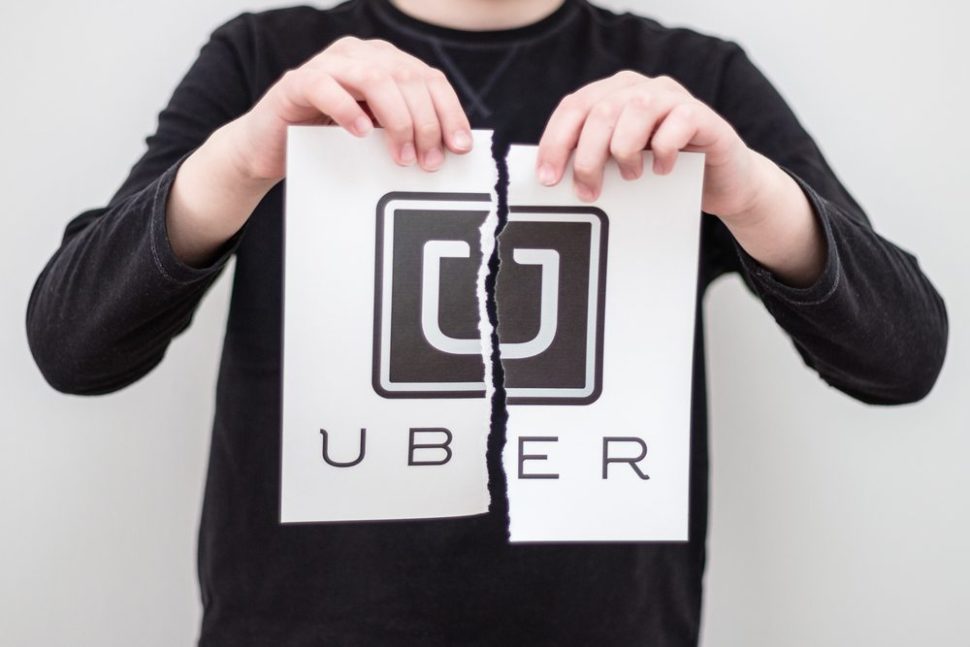Uber and Lyft have hit some snags along their way, requiring from the two ride-hailing companies to rethink their strategies.
Within a short space of time, ridesharing has gone from nothing to a multi-billion dollar industry serving millions of customers across many countries. The Uber vs. Lyft competition is evolving, and now the two companies are taking advantage of more than just their competitor’s product inadequacies.
If Uber started the craze back in 2009 with its cab-hailing app, other companies have jumped on the bandwagon of this lucrative, on-demand ride business.
Lyft is taking advantage of inappropriate work-culture allegations against Uber.Click To TweetUber’s Bumpy Ridesharing Road
Only a few companies, such as Xerox and Google, can brag about Uber’s level of achievement, which is a testament to their deep and overarching dominance and originality.
Present in over 330 cities in the US and 60 countries, Uber dominates the ridesharing business. But as of late, the company has been subject to criticism and numerous “scandals.”
Among the many cases that have emerged in the press in recent months, in particular, Uber has been accused of a lack of diversity and the creation of a misogynistic work environment.
Susan Fowler, an ex-software engineer at Uber, in an article published on her personal blog, says that she had been a victim of sexual harassment, which is commonplace in the company. Flower also denounced sexism, to which, according to her, Uber’s leaders have turned a blind eye.
After the revelations of Fowler, other accusations followed. According to the New York Times, Uber management allegedly shouted homophobic slurs at subordinates and in one case even threatened to beat an underperforming employee with a baseball bat.
To make matters worse, Emil Michael, on of Uber CEO Travis Kalanick’s “closest allies,” may leave the company within days due in some part to his involvement with an executive team trip to a karaoke-escort bar in South Korea. In 2014, Michael also allegedly talked publicly about hiring a team of researchers to dig up dirt on journalists who were coming after Uber.
To cope with these intensifying allegations, Uber began a communication campaign based on diversity in order to change their corporate culture. The company hired Harvard Business School’s Frances Frei with a mission to clean the mess and mend Uber’s tarnished image.
The Uber Technologies board also voted to adhere to all of the recommendations included in a report by U.S. Attorney General Eric Holder. There is some speculation that this new direction could be taken without retaining Kalanick.
Uber vs. Lyft: The Latter Capitalizes
Lyft has published its first-ever “Inclusion and Diversity” report, which shows that women and minorities are under-represented within the company: only 18% of engineering team are women (compared to 15% at Uber).
Most Lyft’s employees are white (63%), out of 1,600. On a different note, the Independent Drivers Guild accused Lyft of cheating drivers out of their wages, with its improper deduction of their fares on interstate rides.
Lyft is playing the “transparency” card by releasing a diversity report.
The timing for Uber’s string of scandals couldn’t be better for its direct competitor, Lyft, which is accelerating its expansion, trying to capitalize on Uber’s setbacks and its own image of an outsider.
Last Tuesday, nuTonomy, a Boston-based startup, announced its partnership with Lyft to enhance the “driverless experience” that includes everything from ride booking, communication with the car to the performance of autonomous driving systems.
We’ve discussed Uber’s plans for autonomous vehicles–including the flying kind–and now this Uber vs. Lyft struggle is really heating up.
nuTonomy, which develops driverless software, will also collaborate with Lyft to deploy special driverless cars in Boston later this year. If successful, the partnership could expand to other cities.



















Comments (0)
Most Recent